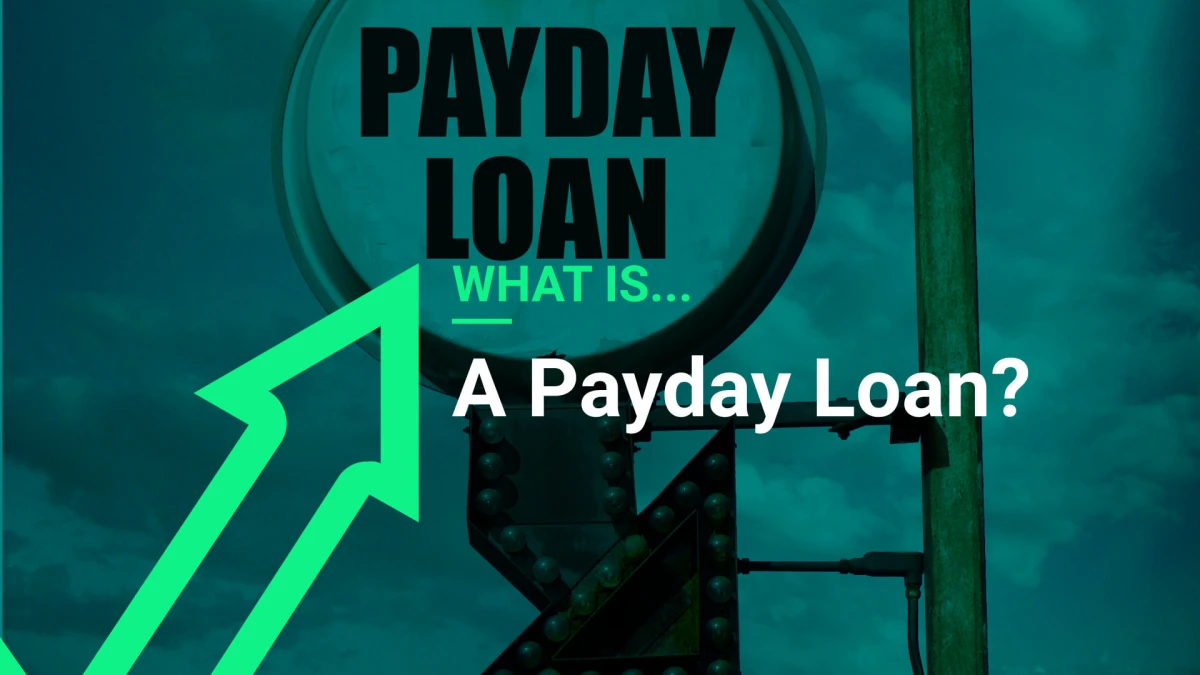A payday loan is a form of short-term borrowing, whereby the lender offers high-interest credit based on your income. Typically the loan amount is a portion of your next pay check, they are also known as cash advance loans or check advance loans.
As an unsecured personal loan, the interest rates charged by payday loan lenders are usually very high. Many consider them to be a form of predatory lending as they do not take into consideration the borrower’s ability to repay and are not always upfront about added fees. This is compounded by the usually high interest rates and can leave consumers in a debt trap.
#How payday loans work
Payday loan providers are often small credit merchants that may operate from physical premises or online. Borrowers have to prove their income by providing recent pay stubs, however, lenders do not typically conduct a full credit check or affordability check.
Interest rates on payday loans can vary wildly and can be as high as 780% in annual percentage rate. Although most states in the US have usury laws that limit interest charges to 5 to 30%, payday loans fall under an exemption. Meaning they can charge much higher rates of interest.
Intended as short-term loans, payday loans are usually over 30 days or less and are used by individuals that need immediate cash to meet short-term liabilities. Loan amounts usually fall between $100 and $1000 and it is common for lending fees to be around $15 per $100 of loan.
For example, a borrower takes out a payday loan for $300 over 14 days to pay for car repairs. Assuming the average fee of $15 per $100 borrowed, if the loan was settled on time the repayment would be $345. However, if the borrower couldn’t pay it back in time a rollover fee of $45 would be applied meaning they would now owe $390, plus any late fees the lender may charge.
#Benefits of payday loans
The advantages of payday loans are limited but do include:
Raise immediate cash
If an individual needs immediate cash to pay an unexpected bill or pay for car repairs then payday loans can give them that money. Short-term personal loans are a better option but may not always be available to those with a poor credit history.
#Drawbacks of payday loans
The disadvantages of payday loans include:
High-interest rates and fees
Payday loan providers aren’t always transparent about their interest rates or fees. Including their standard fees and the fees they charge if you do not repay the loan within the time you agreed when you took the loan out.
Can leave consumers in a debt trap
Taking out a payday loan can be the start of consumers falling into a debt trap. A borrower takes out a payday loan because they need instant money, but then that money has to be repaid usually within 30 days so that payment will be taken from the next pay check which will leave them short for the following month and likely to need another payday loan.
